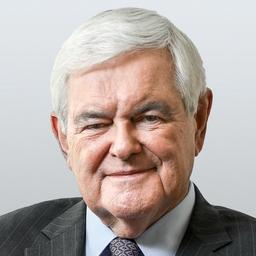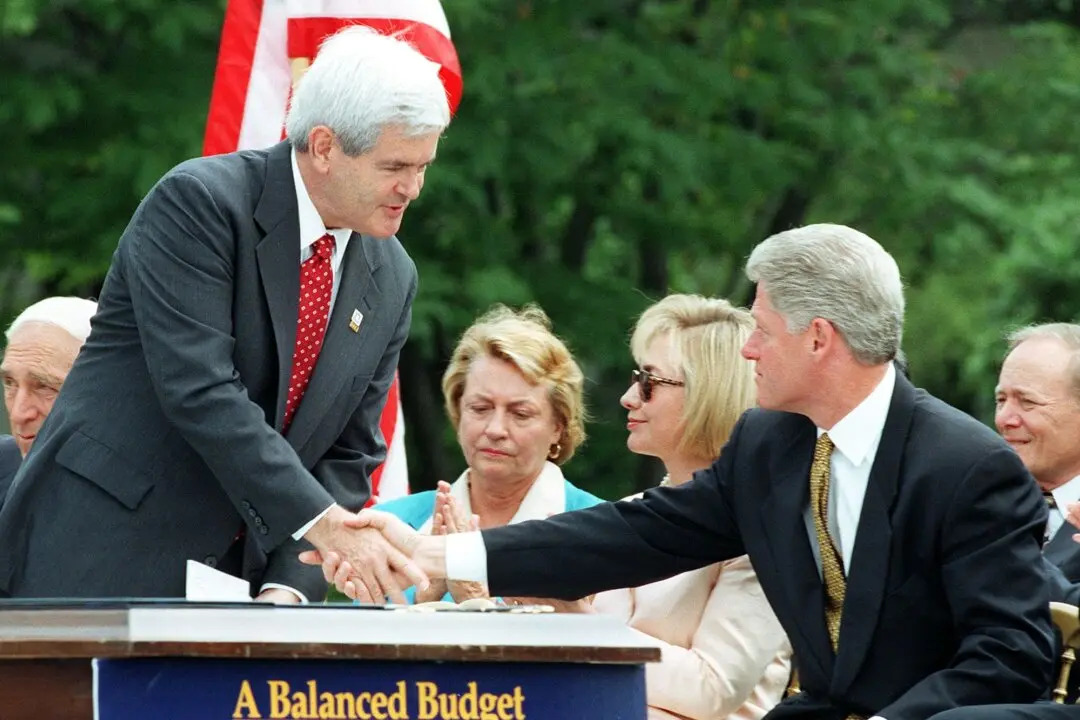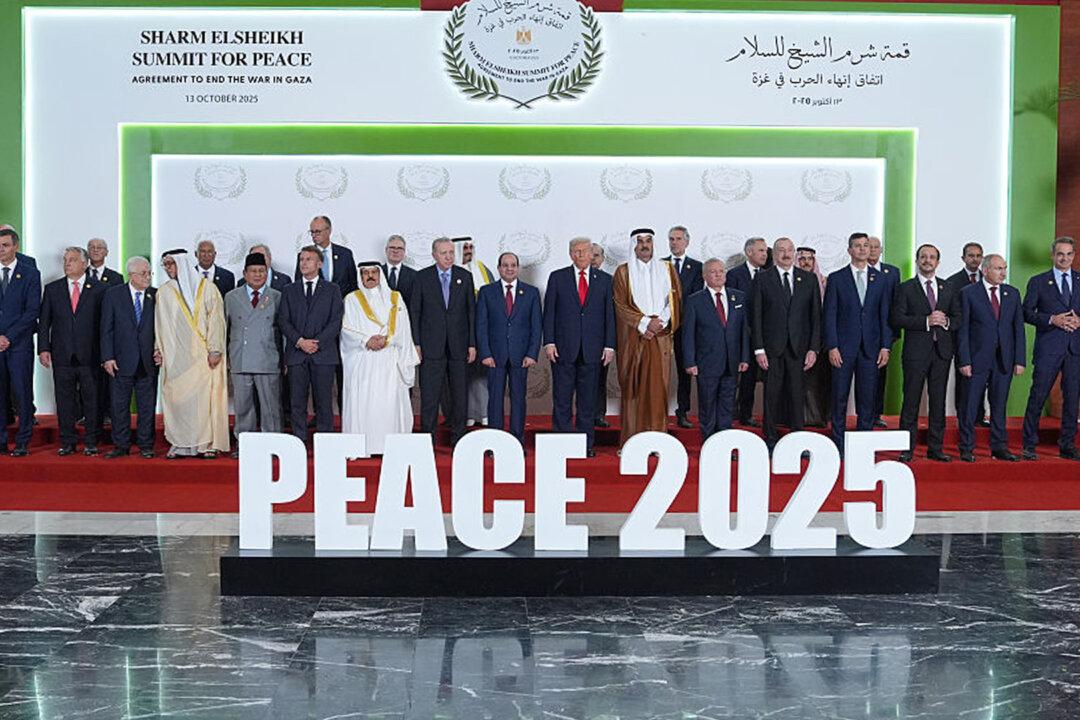Commentary
It is no secret that the Biden family has greatly benefited from deals with China—deals that the Chinese Communist Party (CCP) undoubtedly has a hand in. In his new book “Red Handed: How American Elites Get Rich Helping China Win,” Peter Schweizer revealed that the Biden family made an estimated $31 million from Chinese business deals.





